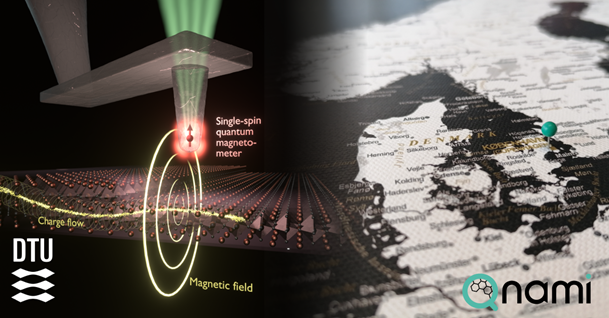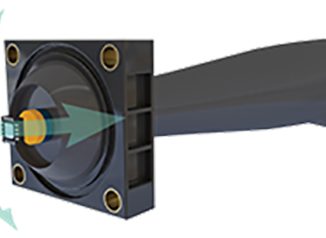
TMD Technologies Limited (TMD), a London based manufacturer of equipment for the high-tech microwave and quantum technologies industries, recently announced the gMOT, the world’s first portable grating magneto-optical trap for compact cold atom systems.
It is the world’s first portable grating magneto-optical trap for compact atomic clocks, inertial sensors, magnetometers, RF field sensing and gravimeters, the company said.
Manufactured by TMD’s Quantum Team in close working association with its academic and scientific partners the University of Strathclyde, University of Glasgow and Kelvin Nanotechnology Ltd, the gMOT was built and tested at TMD’s manufacturing and design facility in Hayes, West London.
“We started working with Strathclyde University some three years ago, on an accelerator account to design compact vacuum cells,” said Richard Patrick, TMD’s head of business development. “This scientific aspect has now become increasingly relevant to compact cold atomic sensor and clock development, and as a result of its work in this important field TMD is now an active member of the National Quantum Technologies Program.”
“The gMOT project has been an exciting challenge for us. We are delighted at the successful outcome and applaud the work of our scientific partners,” said Dr. Edward Boughton, TMD’s engineering manager. “From TMD’s point of view the key to this achievement has been the multi-disciplinary strengths that it possesses including familiarity with uncommon elements, extensive experience of ultra-high vacuum design, and unbeatable skill at precision assembly of dissimilar materials.”
“Atomic clocks are an important facet of our everyday lives in this fast-expanding quantum world,” said Patrick. Atomic clocks developed in the Quantum 2.0 program have the potential to provide a valuable alternative and back-up to global navigation satellite systems (GNSS) used as either stand-alone timing solutions on a platform or as ‘hold-over’ clocks should the GNSS signal become unavailable, unreliable or degraded.”
For more info, visit: www.tmd.co.uk/



